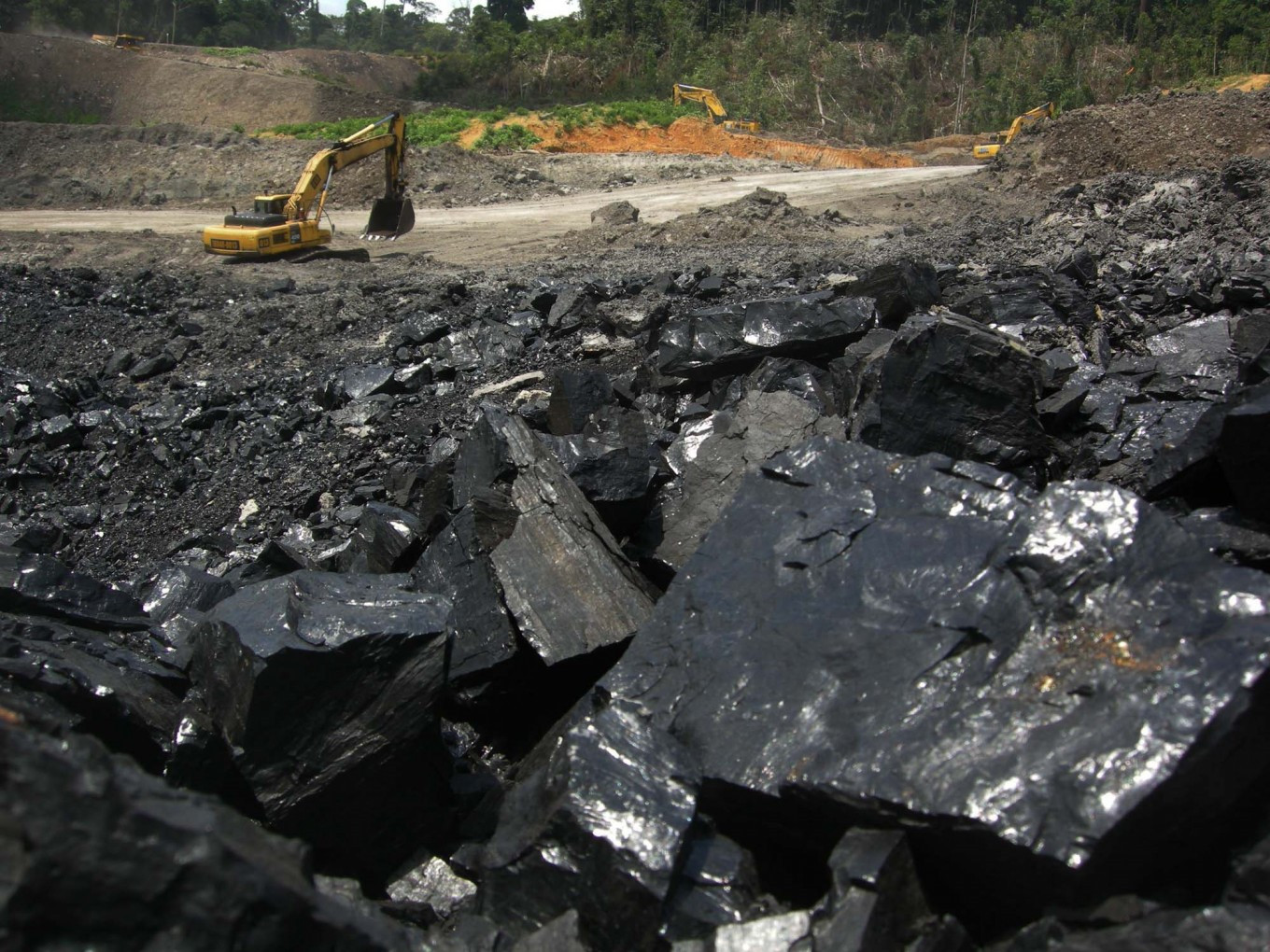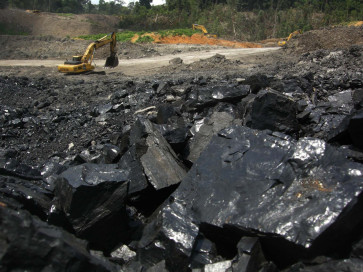Popular Reads
Top Results
Can't find what you're looking for?
View all search resultsPopular Reads
Top Results
Can't find what you're looking for?
View all search resultsAnalysis: Bakrie’s coal-mining unit BUMI alive again after Salim’s entrance
Change text size
Gift Premium Articles
to Anyone
L
ong dumped and shunned by investors, publicly listed coal miner PT Bumi Resources Tbk (BUMI), one of the largest mining companies associated with politically connected the Bakrie Group, is once again becoming a target of investors in the stock market following the entrance of the country’s premier conglomerate the Salim Group.
Once the darling of investors and the largest-listed company on the Indonesian Stock Exchange (IDX), BUMI has been part of the Bakrie Group’s long entanglement with various controversies and massive debt, which resulted in BUMI share prices going down from their record high of Rp 8,750 per share in August 2012 to the lowest level of Rp 50 in 2020. Prices stayed at that level for sometimes before finally going back up, especially after news of Salim’s planned entrance into BUMI. BUMI rose to Rp 167 per share at Wednesday’s close.
Salim entered BUMI through a private placement worth Rp 24 trillion (US$1.6 billion) on Tuesday, in which BUMI issued 200 billion new shares on top of its existing 143.8 billion shares. After the private placement, both Salim and Bakrie became the controlling shareholders and BUMI became the number-two company in the IDX with the largest number of floated shares, just after PT Gojek Tokopedia (GOTO), which floated 1.13 trillion shares.
Salim acquired BUMI through Hong Kong-based March Energy (Hong Kong) Limited (MEL) and Singapore-based Treasure Global Investment Limited (TGIL). MEL purchased 170 billion of the newly issued shares or 85 percent, while TGIL bought the remaining 30 billion shares at Rp 120 per share.
MEL is 42.5 percent owned by PT Bakrie Capital Indonesia (BCI), 42.5 percent by March Energy (Singapore) Pte Ltd (MPEL) and 15 percent by Agoes Projosasmito. MPEL is 100 percent controlled by Salim, while Agoes is a confidant of Anthony Salim, chairman of the Salim Group. TGIL, meanwhile, is 83.85 percent controlled by MPEL and 16.15 percent by Agoes through PT Aswana Pinasthika.
Before entering into BUMI, Salim first acquired BUMI subsidiary, publicly listed gold miner Bumi Resources Minerals (BRMS) earlier this year. BRMS’ purchase by Salim has been a boon for the company’s stock price too, which surged from below Rp 100 per share last year to over Rp 200 per share, although recently its stock price was corrected to close at Rp 173 on Wednesday.
Market players described such a sharp increase as Salim effect -- that is to say, when Salim enters into a listed company, its share prices would boost. Whether the Salim effect would work on BUMI would remain to be seen. At least, following the private placement, the heavily indebted BUMI said in a statement that “all the remaining debt under the debt-suspension petition (PKPU) have been settled and paid in cash”. But it did not say how much debt it has paid out. As of end of 2021, BUMI recorded a total asset of US$4.2 billion, of which $3.57 billion was in the form of debt. Of the total debt, $2.88 billion was short term.



















